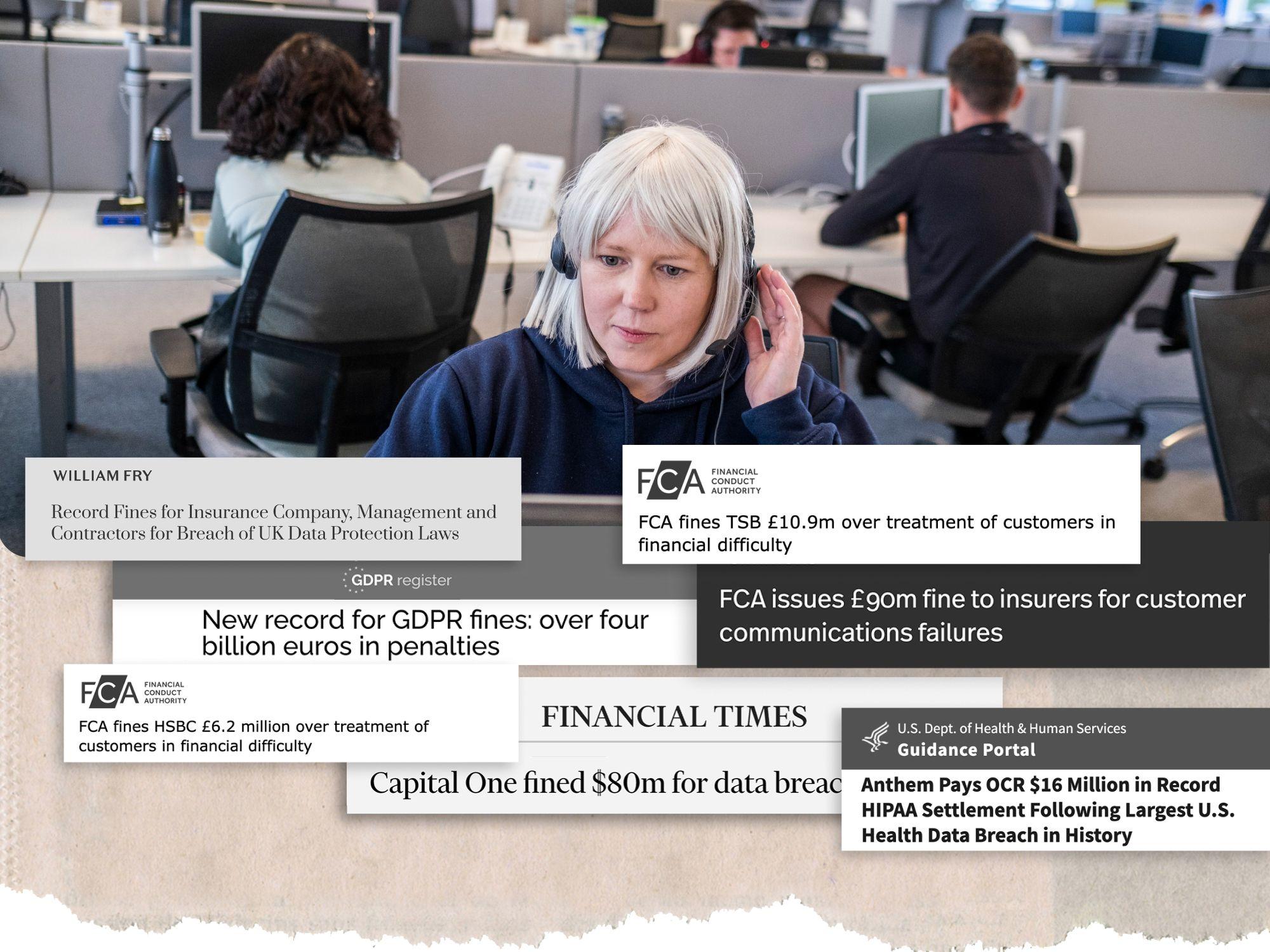
How audio tools can make or break work from anywhere trends
We delve into how audio tools are key for helping the 'Work from Anywhere' trend to continue - with background noise removal apps leading the way.
‘Working from Anywhere’ (WFA) is the new “working from home”. And why wouldn’t it be, when the pandemic showed the world how easy it was to work remotely? If you can continue to be productive from home, it’s not a wild stretch to imagine you can be just as productive from a coffee shop… in Colombia.
And sure enough, enabled by the right technology, the WFA trend is soaring. The benefits are clear: employees who are able to work from anywhere tend to be happier and companies with broad remote working policies tend to experience less churn.
However, a number of businesses have since revised their policies to get employees to spend more time in the office, often due to concerns about productivity. But is this a major risk to the burgeoning WFA trend? How can enterprises ensure they keep employees happy without hampering productivity?
The rise of digital nomads
Despite some reticence around remote working, studies show that by 2025, 22% of the workforce will be remote. Thanks to the pandemic, employees are embracing a technology-enabled and location-independent lifestyle that empowers them to work and travel. This digital nomad trend is only growing.
Though the digital nomad lifestyle has been on the rise for years, it skyrocketed when Covid-19 hit. In 2020 alone, the number of digital nomads in the U.S. surged almost 50% to 11 million. Fast-forward a couple of years, employers are feeling more and more comfortable with this mode of working.
Spotify publicly embraced it with its position that “work isn’t somewhere you go, it’s something you do.” As a result, they’ve said they now see lower turnover compared to before the pandemic and a more diverse workforce.
Whether it’s at home, a coffee shop, a community workspace, or (in a perfect world) a beach, employees are finding new places to be productive without the shackles of a desk. They can see the world, meet people from all walks of life, learn and grow in new and refreshing ways, which in turn reflects positively on their output and motivation.
If carried out in the right way, and in line with the flexibility of each role, the option of working from anywhere can significantly boost employee wellbeing and satisfaction. For industries such as customer service - where churn is nearly three times higher than the US average - giving employees this freedom could drastically reduce attrition rates.
The impact of background noise on employee experiences
With all the benefits of working from anywhere, these variable locations offer their own challenges as well. A loud smoothie machine or nearby building works can cause a significant amount of noise, which makes taking calls from these spaces not only annoying, but also difficult.
When it comes to call centres, for example, noise on customer calls can instantly damage both the customer and agent experience. For an industry already met with pressures to smash KPIs – such as resolution time and customer satisfaction scores – anything that hampers employees’ ability to their job well can be extremely demoralising. Clear audio is not a luxury, it’s a necessity.
Our recent survey highlights this clearly. 69% of call centre workers say background noise has a negative effect on their mental health and wellbeing. At the same time, call centre agents want to work from anywhere too. According to another recent survey, 76% of call centre workers expect to have a say in where they work.
Working from anywhere is all well and good, but if it means working in environments that are full of unpredictable distractions and frustrating noises, any benefits quickly wear off. So what can we do to have the best of both worlds?
The power of audio tools
In fact, audio problems are the biggest pain point of virtual calls and meetings, whether you’re working from an open office, a call centre floor, or a bustling café in Colombia. The first audio solution you might think of are noise cancelling headphones. These are a great start, but while they might work for you, they don’t necessarily work for the person on the other end of the call. The good news is, there are powerful audio tools out there that can truly help employees stay productive and motivated no matter where they work, and companies need to start investing in them.
One trending technology is AI-powered noise Cancellation apps, such as our own IRIS Clarity. Trained on hundreds of thousands of hours of common background noises, IRIS Clarity cuts out background noise and highlights the speaker’s voice — on both sides of a call. That means getting the software for your WFA employees will also benefit the clients and customers with whom they’re engaging — and by extension, your business results as a whole.
Pair that with your noise cancelling headphones and you’ve got your ideal bubble of productivity, ready to go with you on your digital nomad journey. The result: less mental fatigue (you’re no longer struggling to discern voices from background noise), reduced stress (you’re able to power on with your work unencumbered by uncontrollable environments), and increased productivity (less repetition on calls mean faster and more accurate results).
WFA: the new “work perk”
Working from anywhere is on the rise, and isn't slowing down anytime soon. The benefits of this freedom are already felt in the market, and WFA is fast becoming the new ‘work perk’. The best way employers can support this without hampering their business is to find the technology that works with this new movement.
Because it’s a simple, downloadable app that works on Windows and Mac and uses very little CPU usage, IRIS Clarity is ideal for the WFA toolkit. Not only that, it enables users to focus on what’s important: the conversation.
Download our whitepaper ‘The role of audio in an increasingly digital world’ to explore in more depth how audio tools are more crucial than ever for productivity, customer experience, and wellness for call centres, enterprise remote working, online learning, and telehealth. Try it for free for 7 days to see the power of IRIS Clarity yourself.


